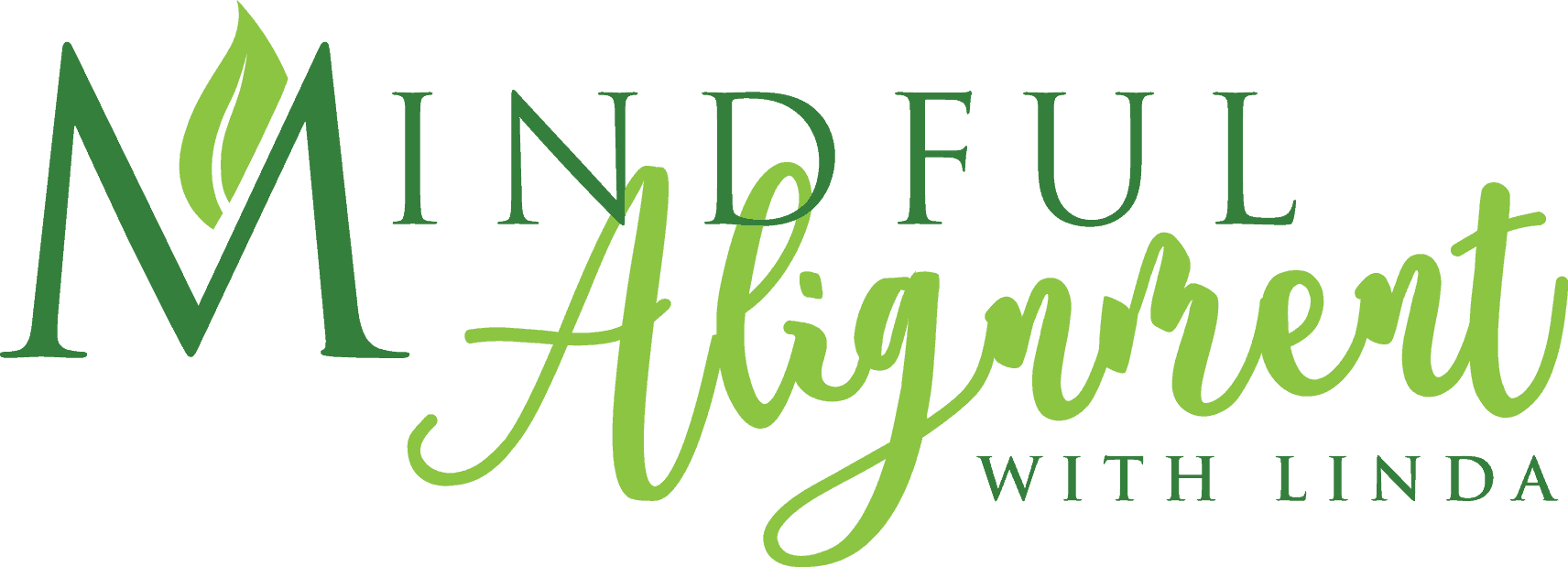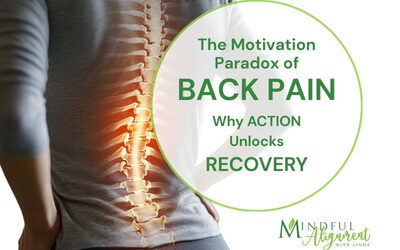Do you need an MRI for your back pain?
How pain is often more about the message
With the advancement of technology MRI’s are often recommended for back pain
As technology improves and becomes less expensive, an MRI is more readily available. Given that, medical professionals are more likely to recommend an MRI when a patient presents with back pain. Therefore sending a patient for an MRI has increasingly become one of the first tools in the medical doctors’ toolkit.
Also, consumers are more addicted to information due to the availability of content on the internet. We just want to know more.
The question is this: Should one get an MRI when experiencing back pain?
A recent summary was published on PubMed citing several studies around the use of MRIs and outcomes. The results may surprise you.
A reason NOT to get an MRI for back pain…
More MRIs lead to more surgeries. The language used to describe the results from an MRI affects the patient’s perception of pain and functional outcomes. That translates to more MRIs, then more surgery — but without better outcomes. In addition, the research studies measured the results from surgery with clinical care, such as movement, meditation, physical therapy, and a positive mindset.
This research confirms that medical doctors for patients presenting with acute or subacute low back pain, nonspecific discomfort or pain with no underlying serious conditions should refrain from suggesting an MRI as the first tool in the treatment process.
Of course, a medical doctor needs to consider patient expectations and patient satisfaction as well.
How the message matters
The goal of the research is to assess the perception of the condition of the spine and functional outcomes.
In other words, “languaging.” How the condition or the results are described to the patient affects outcomes. Negative messages either increase pain, discomfort, limit function, or keep it the same, but positive messages have the reverse affect.
What we can learn from this research summary is that MRI’s and surgery should not be prescribed first for most people. Other techniques are just as effective or more effective, including movement, yoga, meditation, breathing and physical therapy.
How mindset and attitude affect you
The second conclusion is that mindset matters. When a medical professional reports that there is no significant change in the spine, other than age related, your attitude about your pain and discomfort is different than when being told that there are “significant changes that require surgery.”
This confirms what has been known for a long time: mindset and attitude matter. When focusing on discomfort or pain, the feeling gets worse, leading to less movement and function. A positive mindset decreases pain and discomfort, allowing you to more easily go about your daily activities.
Bottom Line: “The more you move, the less likely you will have back pain or any pain.” Your mindset also improves especially when moving more and reducing stress. Pssst … there are other research studies that support this information. “It’s never too late to get started!”
If you’re interested in alternative techniques through my services or would like to know more information, send me a message or call (973) 476-8661.
Are you tired of living with pain?
Are your activities and daily choices determined by your level of pain?
Are you ready to change your life for the better and gain back your physical freedom?
My unique and custom designed approach comes from years of training, education and experience. Together, we will get you back to living pain free and enjoying life.
Sign up for a private session today
It’s never too late to try something new.

Related Articles:
Beyond Calcium: The Power of Yoga for Bone Health
Discover how yoga supports bone health and osteoporosis prevention. Learn science-backed poses that strengthen your skeleton and reduce fracture risk.
The Motivation Paradox: Action is the Catalyst for Healing Back Pain
Discover the Motivation Paradox of Back Pain—why waiting for motivation keeps you stuck and how action is the true catalyst for healing. Learn science-backed strategies to break the pain cycle and reclaim mobility.
Transform Back Pain Anxiety: From Uncertainty to Empowerment
Discover how to navigate pain anxiety with empowerment. Embrace uncertainty and reclaim your healing journey through mindfulness and resilience.
Transforming Your Relationship with Back Pain: A Mindset Revolution
Back pain is more than a physical challenge—it's a profound psychological journey. The real battle isn't just in your muscles and joints, but in your mind. Your thoughts can either be a prison or a pathway to healing. Reframing Your Inner Narrative When chronic pain...




